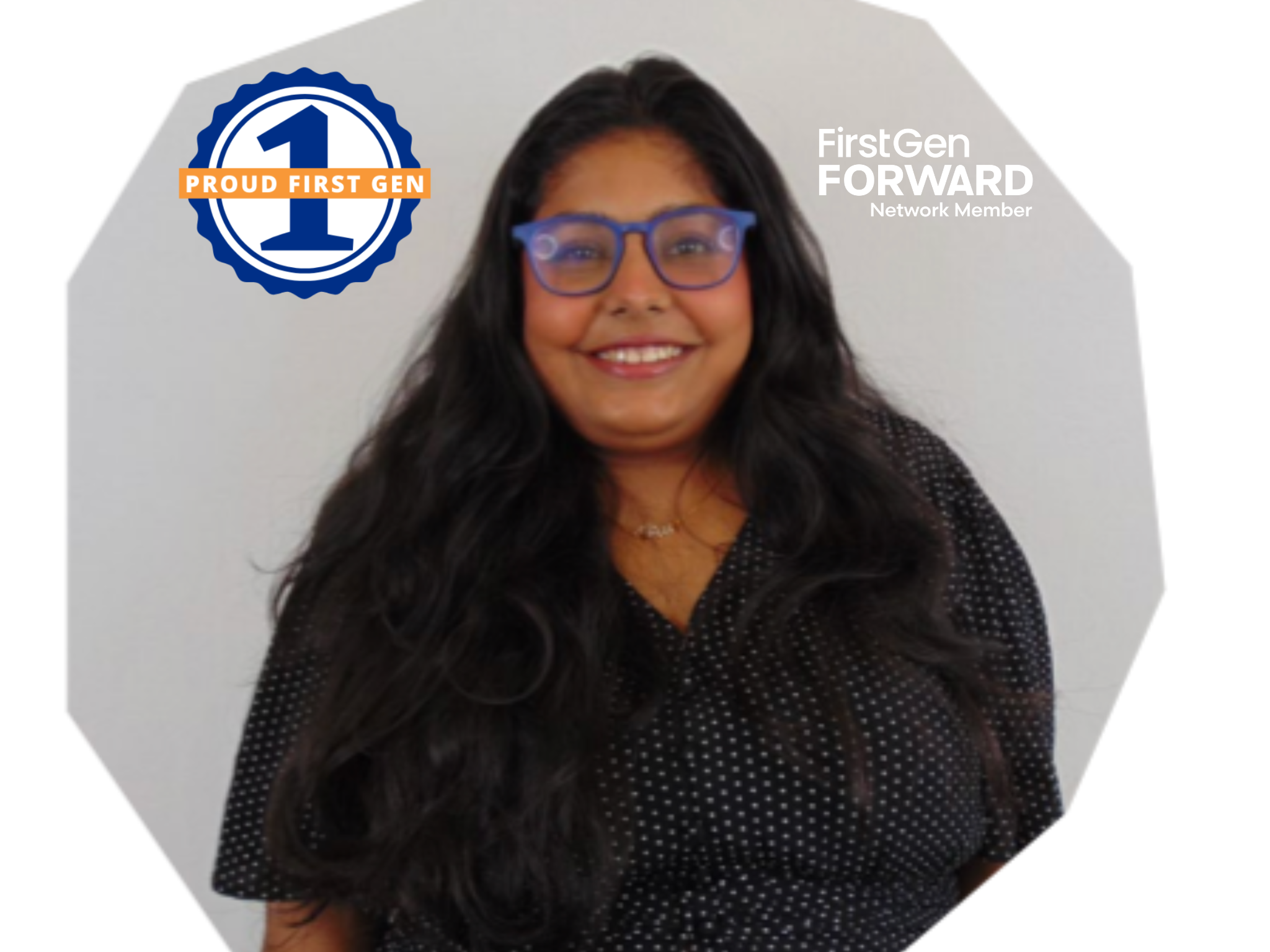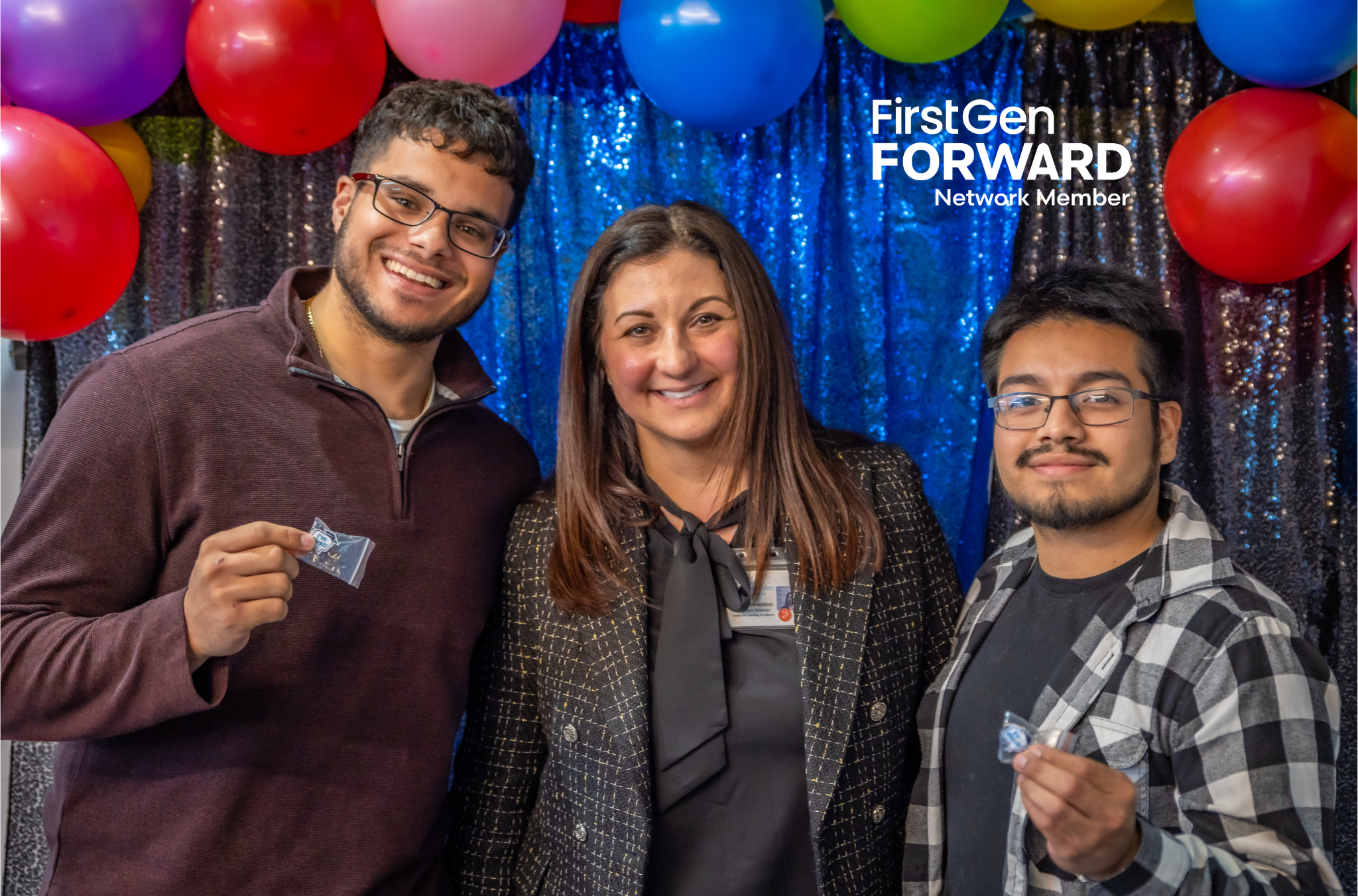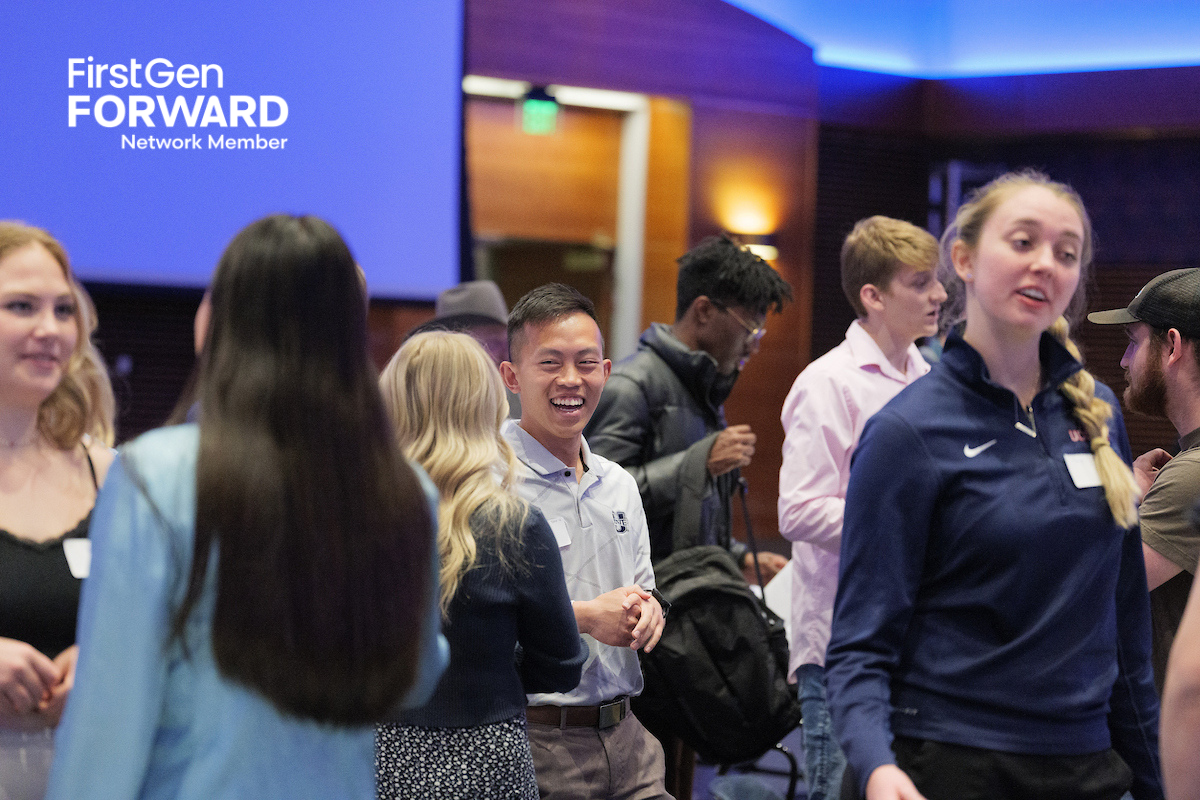by Dr. Kayla Devora-Jones,
Dean of Student Services & Accessibility,
Coastal Bend College
As institutions strive to create more inclusive and equitable educational environments, supporting first-generation college students remains a top priority for Coastal Bend College. These students often encounter unique challenges and barriers on their path to graduation. To address these hurdles, our innovative mentorship program, Cougar Connect, relies on the power of cross-collaboration using the AXLES framework—Align, Experience, Launch, Effectiveness, and Support. By fostering partnerships between faculty, staff, and student mentees, Cougar Connect provides a comprehensive support system that helps first-gen students thrive academically and personally.
The success of mentoring programs hinges on well-defined goals and a collaborative spirit, as noted in "Mentoring Programs That Work" by Jenn Labin. Labin emphasizes the importance of aligning organizational objectives with participants’ needs to create meaningful and effective mentorship experiences. In the context of Cougar Connect, the Align phase involves bringing faculty and staff mentors together to establish shared goals, ensuring that the program’s objectives resonate with the first-gen students’ aspirations. By breaking down silos and encouraging open communication, we create a cohesive mentorship ecosystem equipped to address diverse student needs.

The Experience phase represents the heart of Cougar Connect, where hands-on mentoring takes shape. Faculty and staff mentors bring their varied expertise and perspectives to the table, offering first-gen students a rich array of insights and guidance. This phase is about more than just academic support; it’s about building confidence and creating a sense of belonging. According to Labin, effective mentoring programs cultivate relationships that empower mentees to explore opportunities beyond their comfort zones. Through events, discussions, and tailored support, Cougar Connect fosters a supportive community where first-gen students can confidently navigate the complexities of college life.
Transitioning into the Launch phase, the focus shifts to actionable strategies and goal setting. Mentors and mentees articulate clear, achievable objectives, allowing first-gen students to visualize their success pathways. Labin highlights the significance of setting realistic goals in mentoring relationships, which Cougar Connect emphasizes by tailoring strategies to each student’s unique circumstances. Cross-collaboration plays a crucial role here, as students benefit from the collective wisdom of their mentors, gaining diverse insights into academic planning, career exploration, and personal development.

Evaluating the program’s Effectiveness is key to maintaining high-quality mentorship. Regular feedback loops and assessment metrics ensure Cougar Connect remains responsive and adaptive to first-gen students’ evolving needs. Labin underscores the importance of ongoing program evaluation to identify areas for improvement and ensure sustained impact. By embedding this practice into Cougar Connect, we reinforce our commitment to continuous improvement, ensuring the program’s longevity and effectiveness.
Finally, the Support element of the AXLES framework cements the benefits of cross-collaboration beyond formal mentoring sessions. By fostering a community-oriented environment, first-gen students are encouraged to engage with campus resources, build networks, and participate in extracurricular activities. This robust support network facilitates a holistic college experience, reinforcing students’ sense of agency and belonging.
In conclusion, Cougar Connect embodies the transformative power of cross-collaboration in advancing first-gen student success. By leveraging the collective strengths of faculty, staff, and students and applying the AXLES framework, the program fosters an inclusive and empowering academic journey. As Jenn Labin’s insights affirm, cross-collaborative mentorship models are pivotal in creating environments where first-gen students are not only supported but can also thrive and contribute to the broader campus community. Through Cougar Connect, we aim to inspire a culture of inclusivity and excellence that resonates across the landscape of higher education.
Reference
Labin, Jenn. Mentoring Programs That Work. Association for Talent Development, 2017.
For more information on Coastal Bend College's approach, please visit their website here.
%20(1200%20x%20900%20px)%20(940%20x%20614%20px).png)


